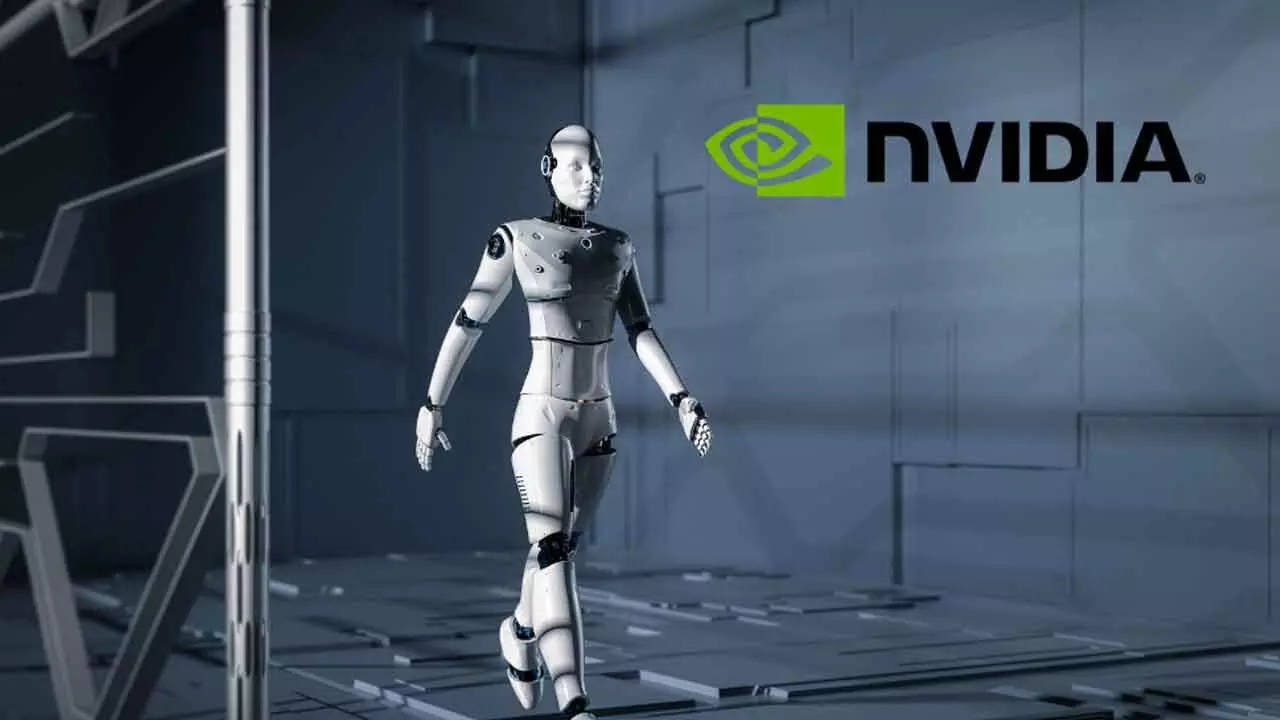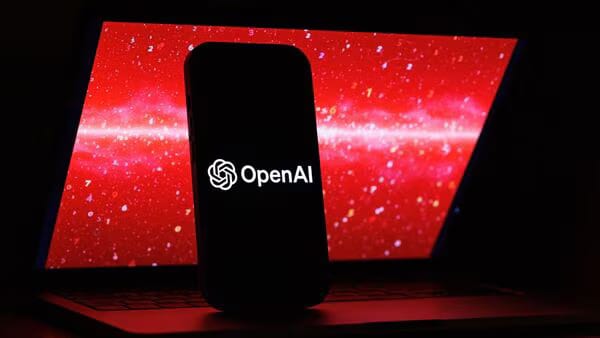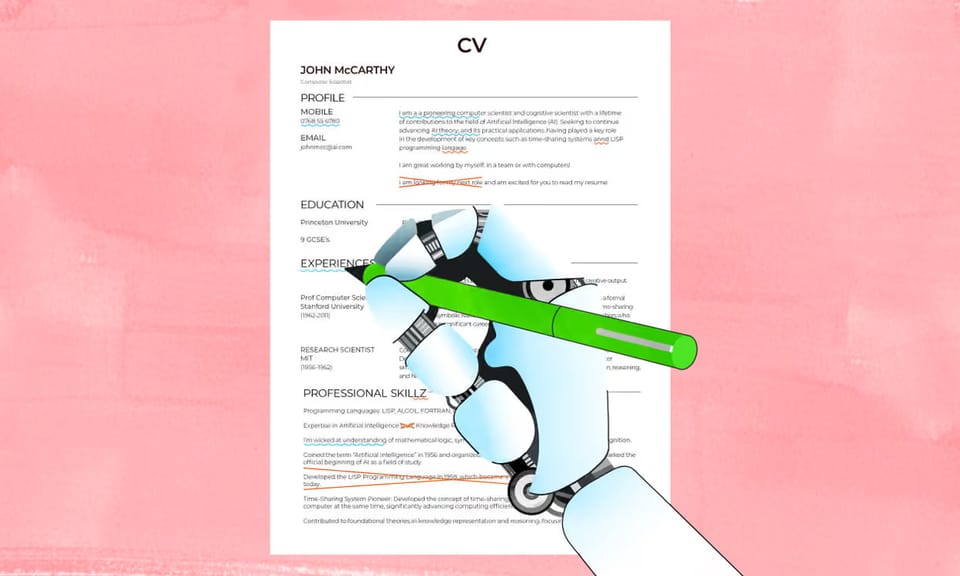Are Robots About to Outsmart Us?


Nvidia just made a new robot brain called Cosmos Reason. Think of it like this, old robots were like that friend who can follow a recipe exactly, but has a meltdown if the store is out of one ingredient. “No onions? Guess we can’t make dinner.” Cosmos Reason is more like a friend who can wing it, “no onions? Let’s use garlic and call it fancy.” Before, robots could only point out objects, like “that’s a chair.” Now they can think, “That’s a chair, I can sit on it, move it, or shove it aside if it’s blocking the door.” It’s basically giving robots common sense, something even humans run short on sometimes.
You might be thinking, “Cool, so the robots can think a little. Why should I care?” Here’s the difference: most robots today need perfect conditions to work. They’re great in a controlled factory or a perfectly mapped warehouse, but toss them into the real world with traffic, bad weather, and people who don’t pay attention, and they freeze. Cosmos Reason can handle the messy stuff. It can walk into a new place it’s never seen before, figure out the layout, and still get the job done without you micromanaging every step. That’s a big deal for delivery bots, self-driving cars, factory inspectors, and maybe even search and rescue robots.
As for Elon Musk, surprise, this isn’t his. This is Nvidia’s play. But it puts them in direct competition with Tesla’s self-driving AI, Google DeepMind, Boston Dynamics, and OpenAI. The real race here is to become the “brain supplier” for the robot future. Whoever nails that wins big because they won’t just sell tech, they’ll own the smarts that run everything from cars to delivery drones. Nvidia already owns the AI chip game, so now they’re basically saying, “Let’s take over robots too.”
If you’re a CEO or founder, this could make your business faster, cheaper, and safer to run. You could get robots that don’t freak out when something changes, which means fewer delays and less wasted money. If you’re an employee, it could mean fewer boring, repetitive tasks, but it could also mean robots doing parts of your job. If you’re just a regular person, it could mean faster pizza deliveries, safer roads, and quicker emergency help. But it also raises questions: Who’s responsible when a robot messes up? How much do we trust machines to decide things for us?
This tech could change how we work, live, and run businesses. It’s not just “cool AI stuff.” It’s a step toward robots that can make decisions without asking us first, and that’s something we all need to be ready for.
If robots start making smarter choices, will that make our lives easier? Or will we be fighting them for jobs? Reply and let's talk about it.
- Matt Masinga
*Disclaimer: The content in this newsletter is for informational purposes only. We do not provide medical, legal, investment, or professional advice. While we do our best to ensure accuracy, some details may evolve over time or be based on third-party sources. Always do your own research and consult professionals before making decisions based on what you read here.




